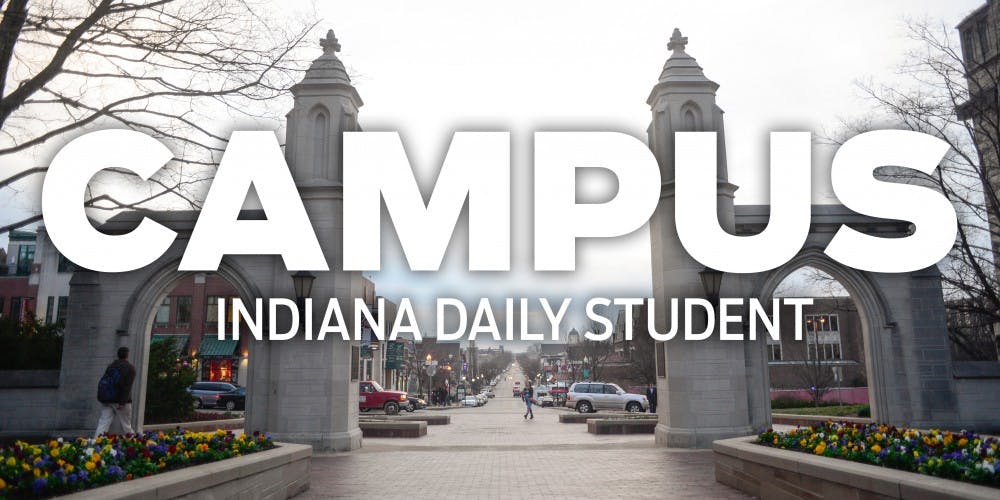In celebration of National Coming Out Day, members of College Democrats at IU gathered at the Global and International Studies building Wednesday night to learn how to be better activists for the LGBT community.
Xavier Chavez, a social work intern for IU’s LGBTQ+ Culture Center, guided members with a presentation on how people, schools and workplaces can work together to make LGBT individuals comfortable.
Chavez started with explaining how family members can be better advocates by listening to loved ones questioning their sexualities or gender identities. Just listening instead of making assumptions and pushing LGBT individuals away can make a big difference, he said.
“Families are a huge part in how LGBTQ+ people grow up,” he said. “It’s massive because it determines if they’ll be kicked out of the community or if they’ll learn to accept themselves.”
For Brooke O’Connor, director of outreach and IU sophomore, being a good activist for the LGBT community involves connecting with people with differing opinions instead of immediately going on the offense.
Part of this connection is understanding where a person comes from and why they think the way they do, she said.
“For someone who grew up in a very conservative household, it can be difficult to start understanding and supporting the LGBT community,” she said. “So you have to ease people into it and listen, instead of immediately attacking them or trying to prove that they’re wrong.”
As young people start to come out, Chavez said, it is especially important to have activism within schools.
He said one way to be an ally is to push for more comprehensive anti-bullying policies to protect LGBT individuals in schools.
Another way is to work with organizations that give members of the LGBT community a place to talk about their experiences and meet people like them. At IU, this may mean working with the LGBTQ+ Culture Center.
“Just the fact that there’s a physical presence on campus is a huge deal in making LGBTQ+ individuals feel less isolated,” he said.
In high schools, Chavez said it is helpful to start Gay-Straight Alliance clubs to connect members of the LGBT community to people outside the community who want to be better allies.
He said building relationships between people within and outside of the LGBT community can help them learn the language and gender pronouns that respect people’s identities.
O’Connor said connecting LGBT individuals to people outside of the community is powerful in making them visible.
“It exposes people to the LGBT community, and just that can do so much to change people’s perceptions,” she said.
Chavez said coming out and celebrating people who make the often difficult decision to come out is key in making the LGBT community more visible.
Coming out shows people that LGBT individuals exist beyond movies, books and TV shows, he said. This visibility allows straight, cisgender people to put a face to a struggle and a community, which promotes empathy and understanding.
“It’s saying 'I exist,'” he said. “'I’m not just some myth. I’m a person.'”
Courtney Schwerin, director of communications and IU senior, said straight, cisgender allies offer a lot of support to the LGBT community. But she said these allies should give LGBT individuals a voice rather than speaking for them.
“If you hear someone using a homophobic slur, tell them ‘hey bro, that’s not cool,’” she said. “But also make sure you’re giving a platform for LGBTQ+ individuals. You have to amplify their voices.”
Schwerin said she hopes the discussion helped people find new avenues for supporting LGBT individuals and new ways to be sounding boards for their voices.
She said talking to peers about advocacy helps students realize what they can do better and how they can contribute more.
“We can also be better advocates, better allies, better activists,” she said. “We just have to listen and, if we do something wrong, accept it and learn from it.”




